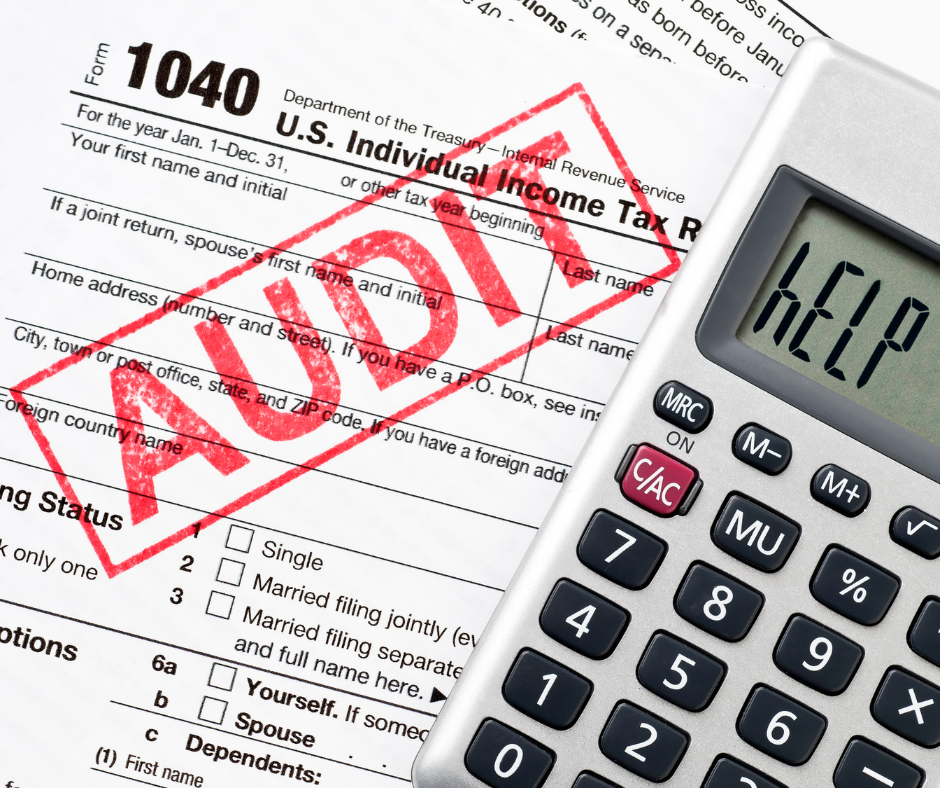
In the realm of finance and tax planning, the adage “It’s not how much you make, it’s how much you keep” rings true. This fundamental principle underscores the significance of not just earning income but also effectively managing it through strategic tax planning and ensuring audit-proof practices. Recently, a noteworthy tax court case involving Gary Sinopoli shed light on the repercussions of inadequate tax planning and the critical need to be audit-proof in today’s financial landscape.
Understanding Tax Planning
Tax planning transcends mere efforts to reduce tax liabilities; it encompasses navigating intricate tax laws and regulations to maximize savings while remaining compliant. However, as highlighted in discussions, many individuals and businesses often receive what is humorously referred to as a “PDF plan” from their accountants – a document filled with potential tax-saving strategies but lacking guidance on implementation and audit protection.
Gary Sinopoli’s Tax Court Case: Lessons Learned About Tax Planning
Sinopoli’s case serves as a cautionary tale for taxpayers worldwide. Despite receiving advice from his accountant regarding the Augusta rule, a tax strategy aimed at minimizing tax liability on rental income, Sinopoli’s failure to maintain proper documentation and adhere to IRS guidelines resulted in the denial of significant deductions and hefty penalties.
The Importance of Comprehensive Tax Planning
The repercussions of Sinopoli’s case underscore the importance of comprehensive planning that extends beyond mere deduction identification. Taxpayers must prioritize not only reducing their tax burden but also safeguarding themselves against potential audits and disputes. This involves meticulous record-keeping, adherence to tax regulations, and proactive measures to mitigate audit risks.
Striking a Balance: Tax Optimization and Audit Readiness
The crux of effective tax planning lies in striking a balance between tax optimization and audit readiness. While tax-saving strategies are valuable, they must be implemented with due diligence and compliance. Taxpayers should seek guidance from experienced professionals who can offer personalized advice tailored to their financial circumstances and provide ongoing support to navigate potential audit challenges.
Conclusion
Gary Sinopoli’s tax court case serves as a stark reminder of the importance of holistic planning and audit-proof practices in today’s dynamic tax landscape. As taxpayers, it’s imperative to not only seek avenues for tax savings but also ensure meticulous documentation and compliance to safeguard against the ever-present threat of audits. By prioritizing comprehensive tax planning and audit readiness, individuals and businesses can secure their financial well-being and mitigate potential tax-related risks in the long run.
